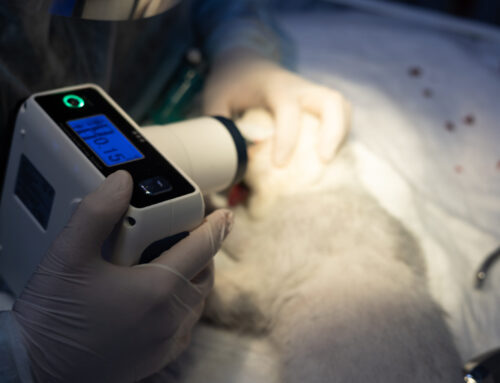Dogs are like children. There’s the good–the joy of their arrival, being a part of their day-to-day growth, and the unqualified love that flows in both directions. And there’s the not so good. Like children, dogs need protection from a variety of illnesses.
What are heartworms?
Heartworms are little foot-long worms (parasites) that live in a dog’s heart, wreaking havoc on his heart, blood vessels, and lungs if he gets infected. Heartworm is spread by mosquitoes and has been reported in all fifty states.
Symptoms may appear as lethargy, coughing, weight loss, respiratory problems and a generally lethargic manner.
Proactivity is the key to prevention
Think car insurance when you think medication to prevent heartworm. You may not want to spend that money now; you’ll be sorry when the accident or crisis occurs later. The easiest (and cheapest) way to prevent him from contracting it is by taking preventative measures with annual blood tests and regular pills, topicals, or shots.
If your dog is diagnosed with heartworms, expect a rigorous regimen of steroids, antibiotics, and an organic arsenic injection.
Risks associated with untreated heartworms
Breathing issues: Coughing is a symptom of heartworm that has affected the lungs, and your pet may have shortness of breath and cough both during exercise and while stationary.
Inactivity: A sign of heartworm is listlessness and, as the disease worsens, most dogs will avoid exercise.
Lack of oxygen: As heartworms begin to grow, they will crowd the dog’s heart chambers. Dogs may experience loss of consciousness due to poor blood flow to the brain, and lack of oxygen will contribute to inactivity.
Organ damage: Heartworms can live up to seven years in vital organs, and indirectly affect other organs like the kidneys from related stress. Their presence can cause permanent and irreversible damage to these organs, other tissues, arteries and blood vessels.
Death: Heartworm can cause sudden death, and some dogs die from heartworm without showing symptoms.
The American Heartworm Society
Founded during the Heartworm Symposium of 1974, The American Heartworm Society aims to:
- Further scientific progress in the study of heartworm disease
- Inform the membership of new developments
- Encourage and help promote effective procedures for the diagnosis, treatment and prevention of heartworm disease
The AHS is adamant in the position that there are no natural or herbal therapies proven to be safe and effective prevention or treatment for heartworm disease. Therefore, it is imperative for your pet to receive annual blood tests and preventatives.
The organization offers a wide variety of heartworm prevention posters for veterinary practice use. Visit their site https://heartwormsociety.org/veterinary-resources/practice-tools/posters and click to download.






